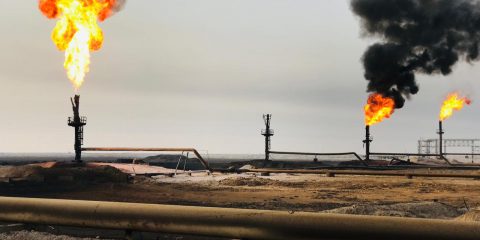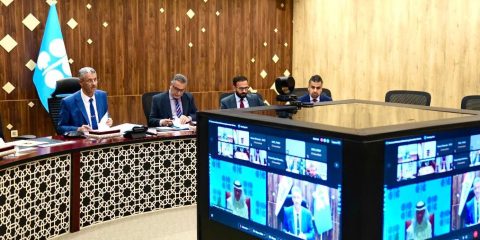More than a year on, who is to blame for the fall of Mosul?
A report released mid-August by the Iraqi parliament on the 2014 fall of Mosul, the country's second-largest city, to the Islamic State (IS) is being viewed as a litmus test for the new direction Prime Minister Haider al-Abadi wants to take the country through a set of bold but decisive political, economic and administrative reforms. […]Mohammed A. Salih writes for Al Monitor:
A report released mid-August by the Iraqi parliament on the 2014 fall of Mosul, the country's second-largest city, to the Islamic State (IS) is being viewed as a litmus test for the new direction Prime Minister Haider al-Abadi wants to take the country through a set of bold but decisive political, economic and administrative reforms. Iraqi lawmakers ratified the report Aug. 17 without reading it on the floor and referred it to the judiciary for action. That the investigative committee put former Prime Minister Nouri al-Maliki at the top of a list of more than 30 senior state officials responsible for Mosul's fall is likely to deepen tensions in the Iraqi political landscape, as Maliki is currently locked in a power struggle with Abad





